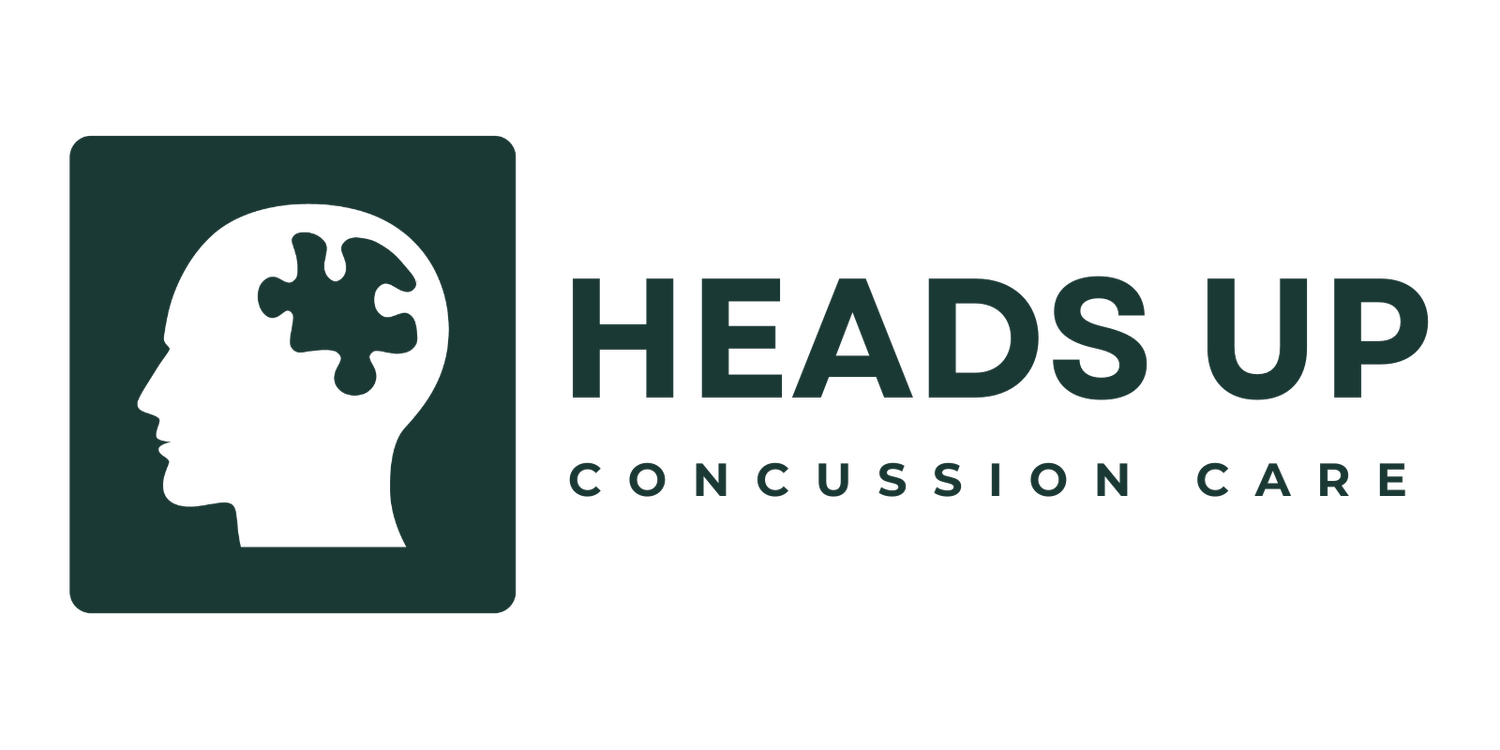Concussion: What to Expect & Self-Care in the First 48 Hours
Concussions are understandably horrible, and anyone who has suffered one before can tell you just how much the first 24-48 hours can be scary. Given that no two concussions are the same, every head knock has the potential to cause a vast array of symptoms that affect everything from memory to balance, behaviour to vision, and many others.
Understanding Concussion Symptoms The most important thing to remember following a concussion is that for the most part, these symptoms are normal (at times awful, but normal). They are short-term and will resolve if you take the right steps early to look after yourself and seek the appropriate help. Here’s what you might experience:
· Headaches: Often a pressure or throbbing sensation.
· Dizziness: Feeling unsteady or lightheaded.
· Nausea: Sometimes accompanied by vomiting.
· Confusion: Difficulty concentrating or remembering things.
· Fatigue: Feeling unusually tired or sleepy.
What to Look Out For - The Red Flags A concussion, by definition, is a mild traumatic brain injury (mTBI), meaning that there is no structural injury to the brain. This is a good thing! However, when one suffers a head knock, it can be hard to immediately tell if this result is a concussion or something more serious. Therefore, it is vitally important to monitor for the following:
Go straight to the emergency department if you experience any of the following:
· Loss of Consciousness: Beyond that of the original injury.
· Weakness, Numbness, or Tingling: In arms or legs.
· Seizures or Convulsions: Any seizure activity is a critical red flag.
· Rapidly Worsening and Severe Headache: A headache that gets worse over time.
· Bad Nausea or Repeated Vomiting: One post-injury vomit can be common, but repeated vomiting is a concern.
· Unsteadiness: Difficulty standing or walking.
· Bruising Around Eyes or Ears: This can indicate a more serious injury.
· Increasing Confusion or Odd Behavioral Changes: Persistent confusion or unusual behavior.
· Inability to Remember the Injury: Memory loss about the injury event.
While these red flags are vital not to miss, they are far less likely. The majority of concussions do not need urgent care or hospital visits. But that doesn’t mean you should ignore your symptoms.
24-48 Hour Concussion Self-Care In the day or two following a concussion, symptoms may improve, but they can also worsen, especially if you overdo it and don’t take the time to recover properly. The current guidelines recommend that light activity is more than okay, provided your symptoms do not worsen during that activity. Here are some do’s and don’ts during this early stage of recovery:
Do:
· Light Reading: Engage in simple, non-strenuous reading.
· Watching TV: Keep it low-key and avoid intense or fast-paced shows.
· Gentle Walks Outside: Fresh air and light movement can be beneficial.
· Simple Household Chores: Light tasks that don’t require much effort.
Don’t:
· Cognitively Challenging Tasks: Avoid homework or work tasks that require intense concentration.
· Moderate to Heavy Exercise: Running, gym workouts, or team-based activities should be avoided.
· High-Risk Situations: Avoid any situation where you are at higher risk of another head knock.
Next Steps Once through the first few days, it is crucial to book an appointment with a trained healthcare professional to help build a concussion care plan. In fact, the greatest indicator of a quick, uncomplicated recovery is timely access to this level of expert care – we will delve deeper into this in another blog.
In Summary:
· Concussion symptoms can make you feel awful, but these are normal and common, and most importantly, they will get better.
· Monitor closely for red flags or signs of a more serious injury.
· If red flags develop, head straight to the emergency department for urgent care.
· Otherwise, focus on rest and recovery in the first 48 hours.
· Rest doesn’t mean doing nothing; it means taking it easy and avoiding the things that make you feel worse.
Taking the right steps early on can make a significant difference in your recovery. Stay informed, stay safe, and don’t hesitate to seek help if you need it.
